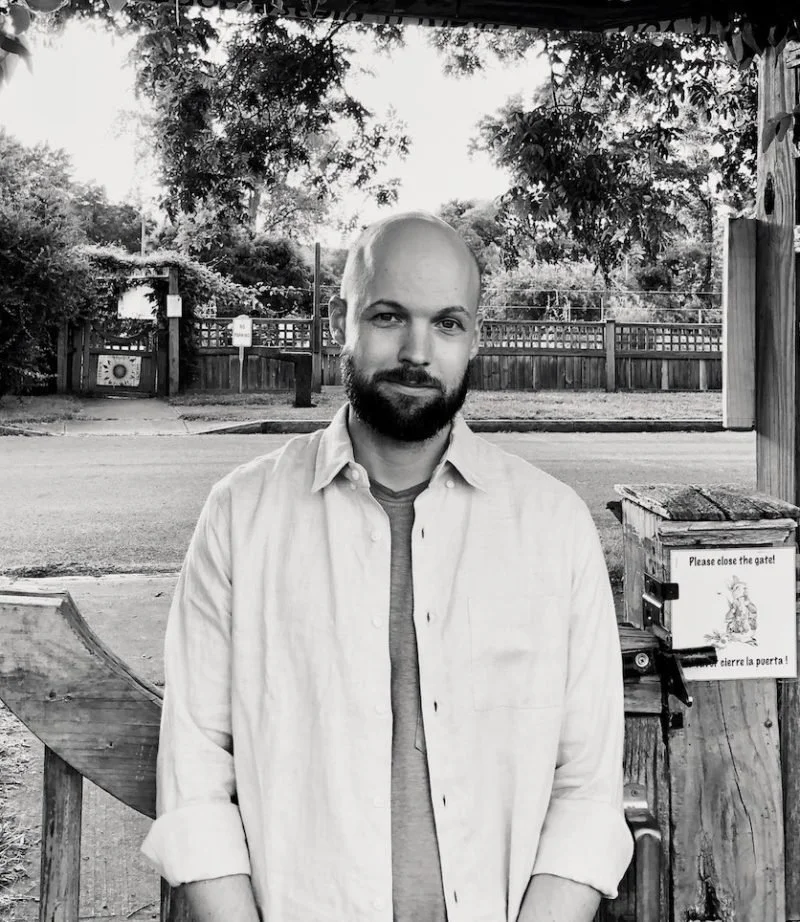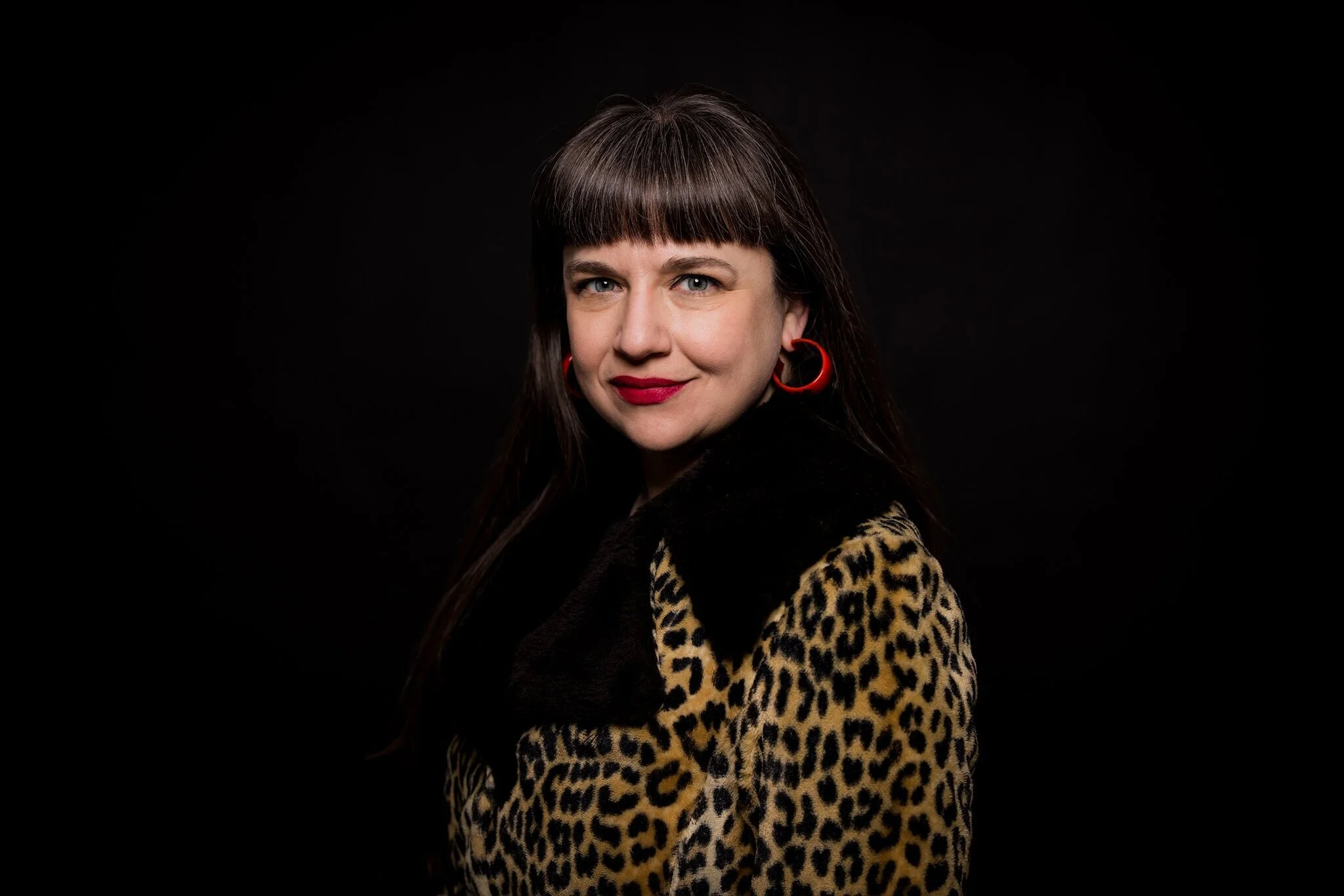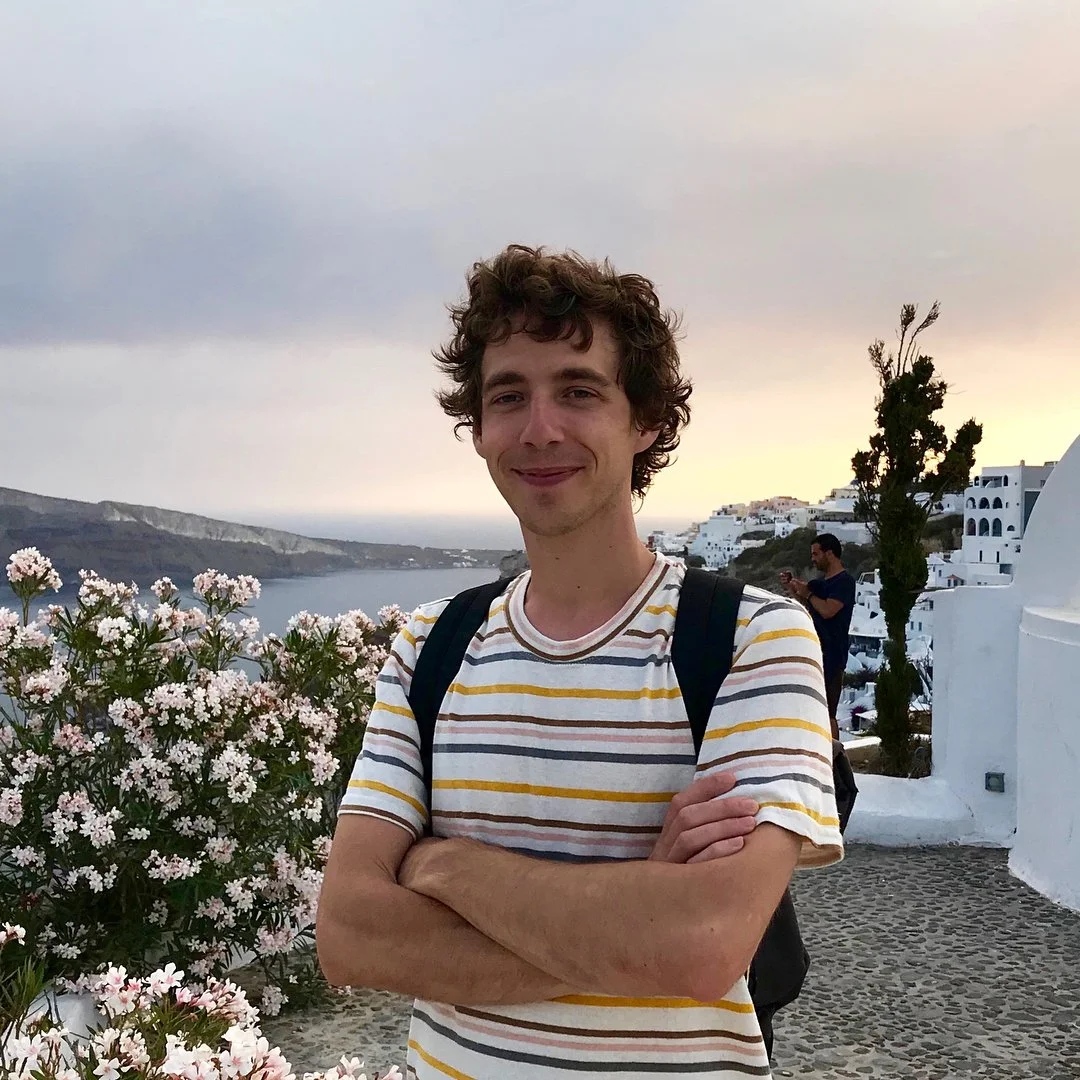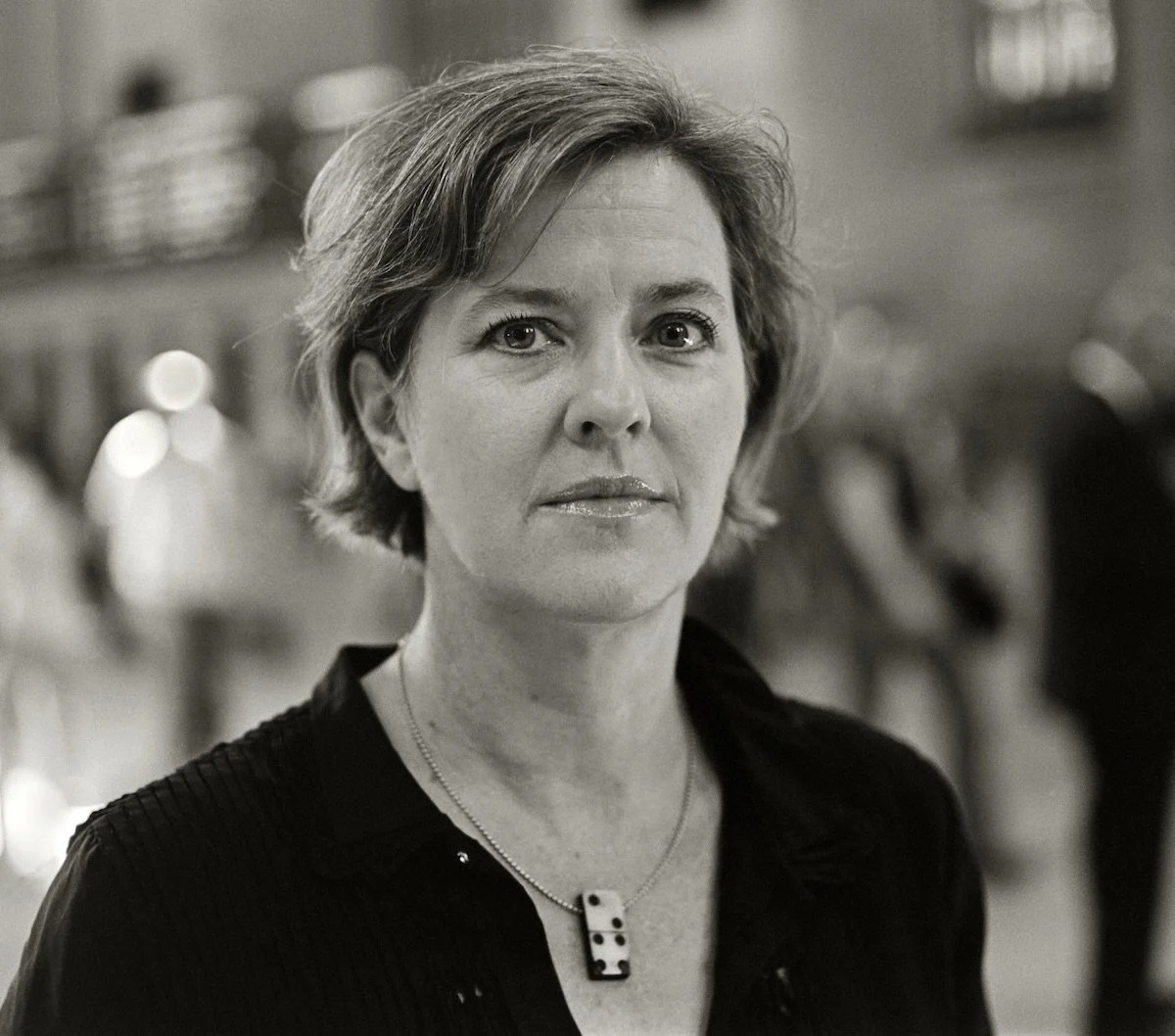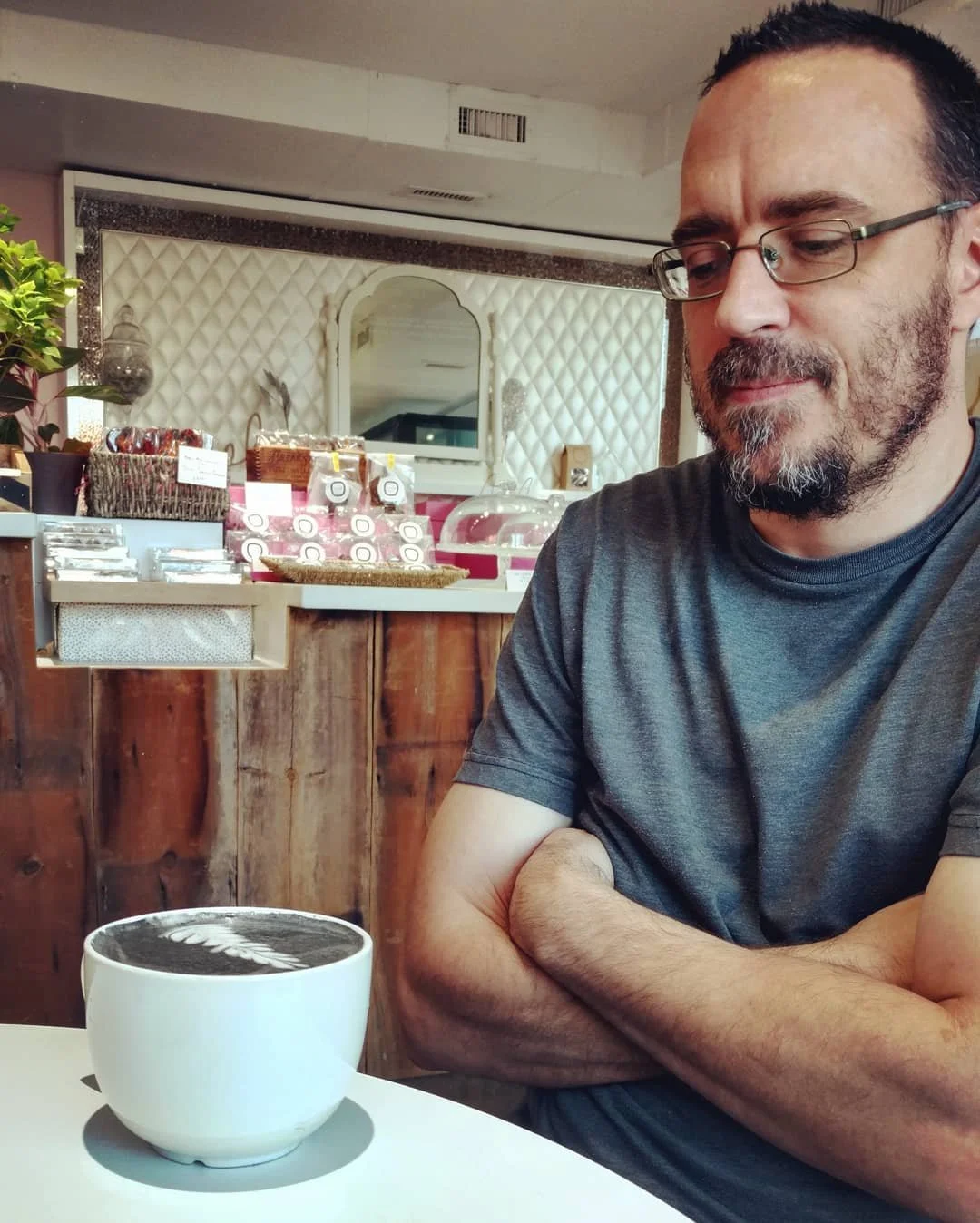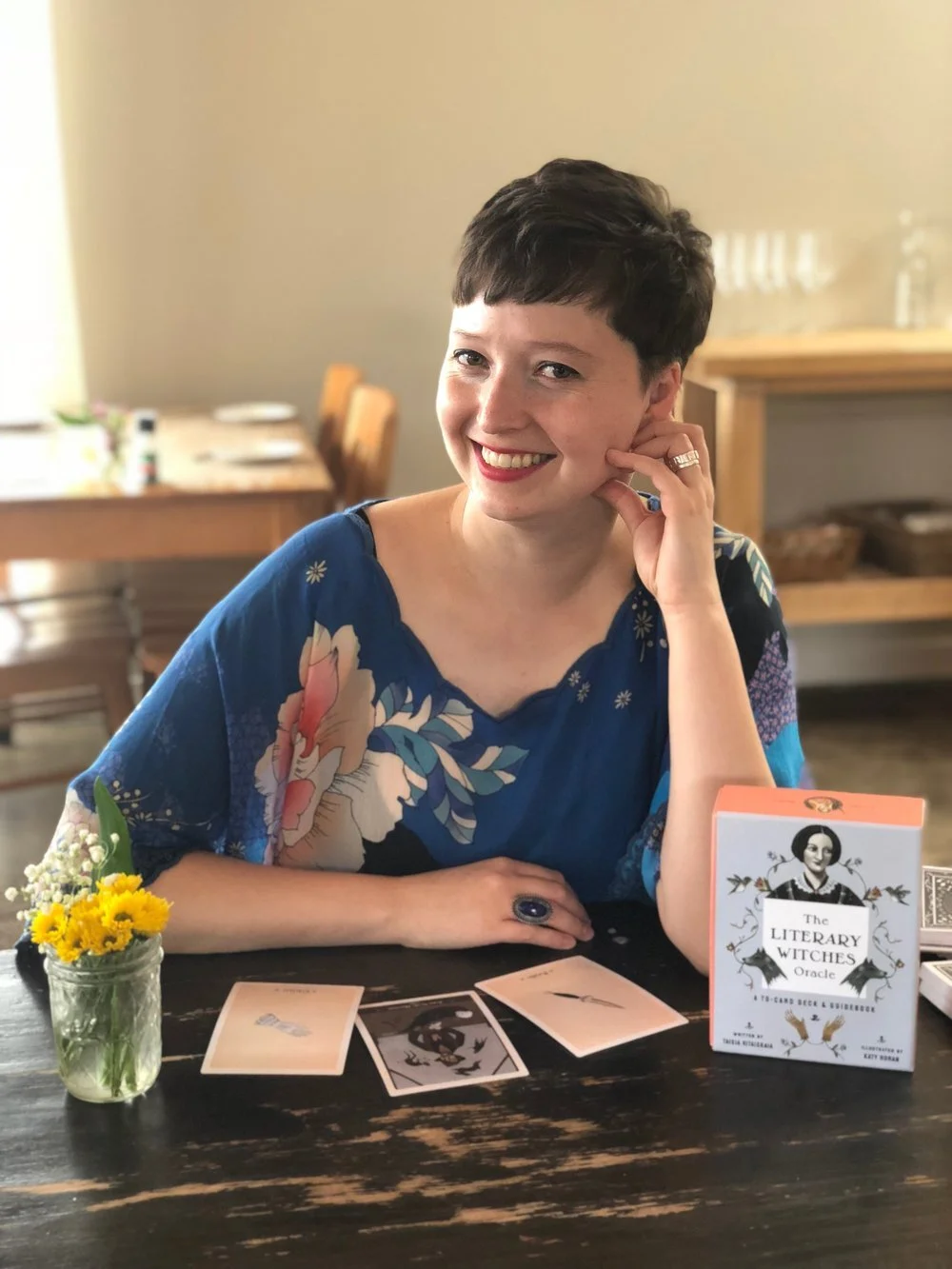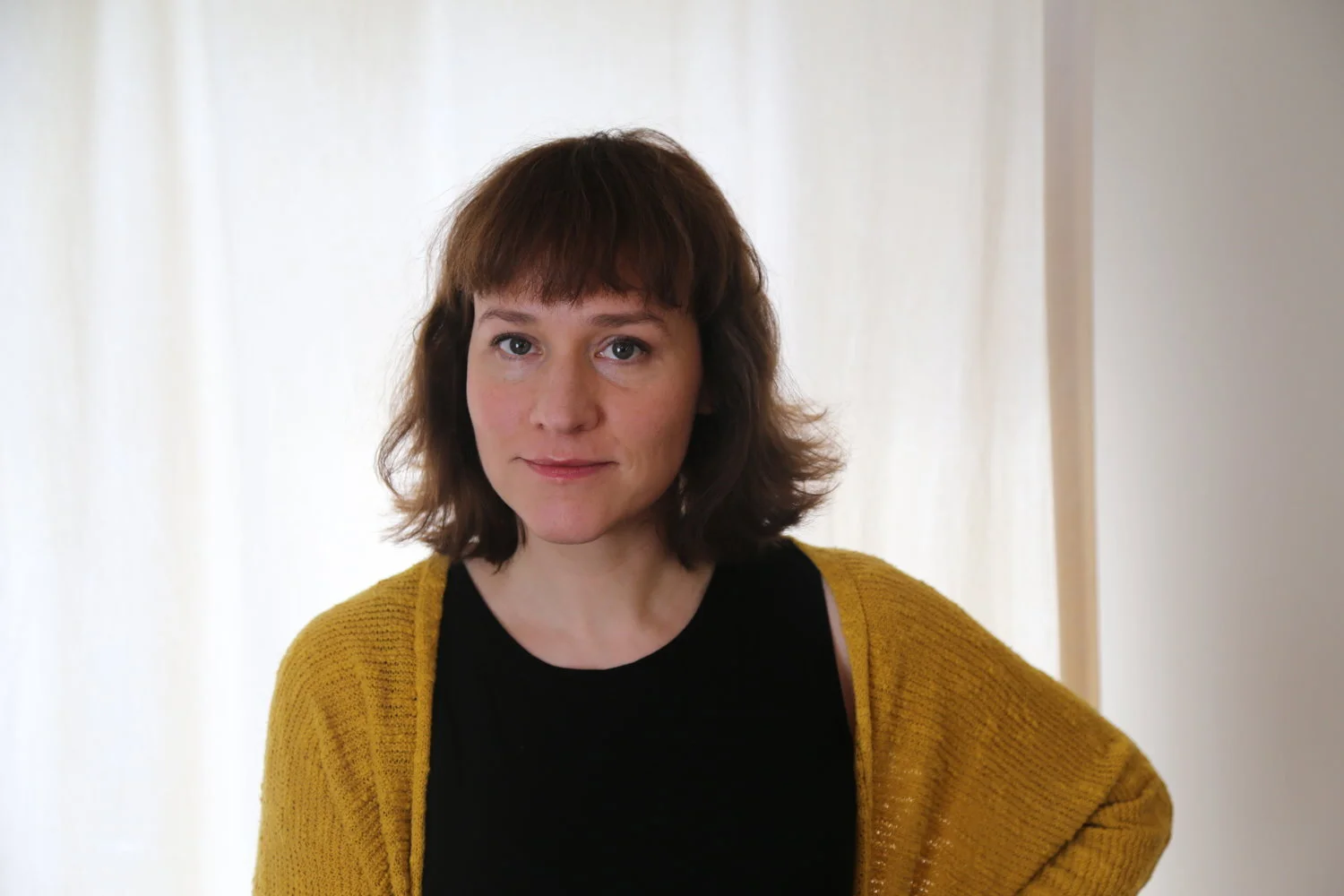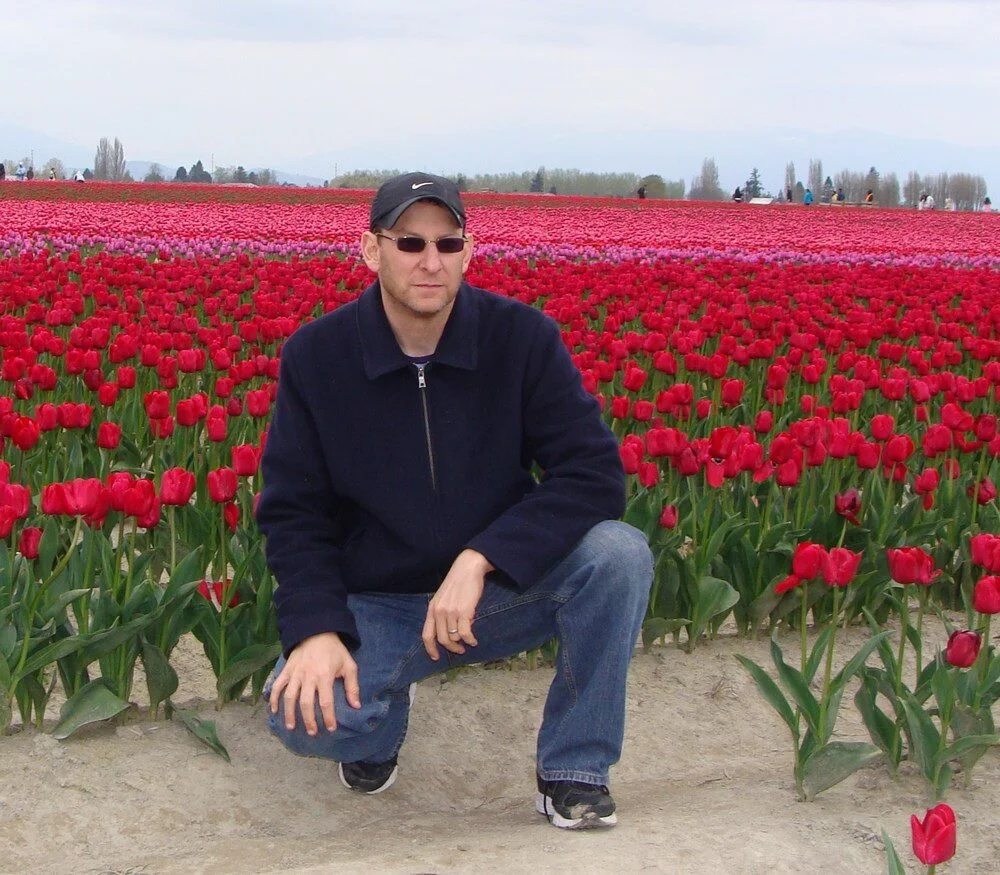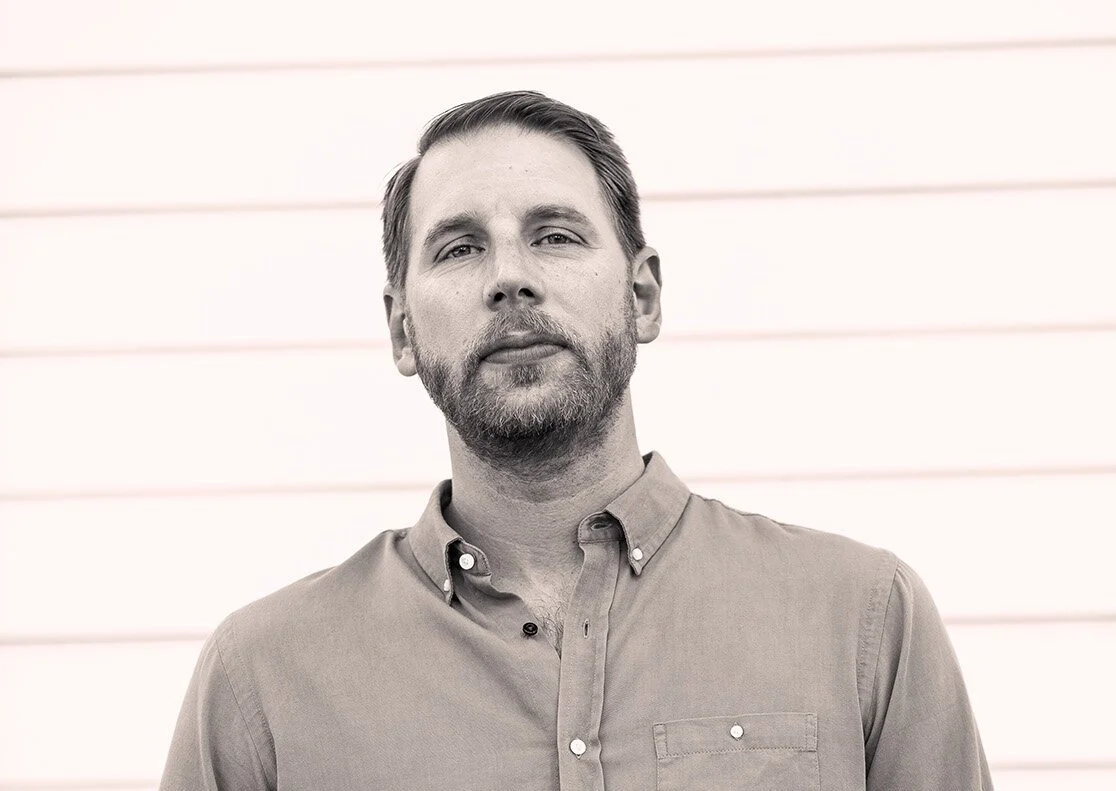art via øjeRum
Novelist and short story writer Sarah Rose Etter will grab your attention with the first sentence and not let go until the story is over. Earlier this year, in one sitting, I devoured the Philadelphia author’s debut collection of short stories, Tongue Party. Released back in 2011 through Caketrain Press (the winner of their chapbook competition as judged by Deb Olin Unferth), the eight stories are full of magical hauntings and surrealist nightmares. Jaw-droppingly good and more original than a bagel topped with horse meat. Following Tongue Party comes The Book of X, Etter’s debut novel. Releasing through indie press Two Dollar Radio later this summer (July 16), the novel revolves around a girl whose stomach is literally twisted into a knot. This book is relentless, disgusting, grotesque, brutal, painful, deeply sad. It is perhaps the most unforgiving novel I’ve ever read. It’s also fantastical, beautiful, moving, surreal, tender, dreamy, and one of the best novels I’ve ever read. I'm not sure if any piece of literature has thrown me harder through a brick wall. Etter’s fabulist parable will split you in two and only you get to choose if you want to keep the top half or the bottom half. In the interview below, Etter discusses her novel while also elaborating on dream states, patience, Iceland, smart phones, and more*.
*including a writing prompt!
You released your debut short story collection, Tongue Party, in 2011. How long had you been writing short fiction prior to that publication? Have the last eight years been dedicated to the novel or have you continued to write short stories as well? Is The Book of X your first attempt at a full-on novel?
Right after Tongue Party came out, I had another short story collection I was shopping around. But then I suddenly had to have a pretty insane spinal surgery. I was in a lot of pain for many months, and after the surgery, I was on disability for about a month. Once I came out of the surgery, I realized I hated the work I had done. The short story collection no longer felt relevant or important. Some pieces of it did survive and end up in The Book of X, but as a whole, that collection wasn’t meant to be the next book. I also wrote a few chapbooks that were finalists for a few prizes, but nothing as substantial as The Book of X. And yes, it is my first novel, but I guess I was hesitating to call it that because in my head, it wasn’t 70,000 words or whatever the magic number for a novel is.
At what point in the process of writing The Book of X did the sporadic / bullet point facts come into play? Was the intention to use them almost as a way to split up the story like a chapter break?
Those came in after Two Dollar Radio accepted the book. There were a few versions of this book that were very, very dark and messed up. Once I realized it was going to be published, I was looking for ways to spread out the trauma of the book, and ways to make it easier for the reader to work through the hard parts. The facts worked, to me, because they served as a breather that could still be poignant and hopefully poetic. They also showed another side of Cassie as a character, one in which she is analytical and intelligent.
The entire book is very friendly to attention deficit readers. Novels scare me and I found myself reading 100+ pages in a day (then doing the same the next day). Was this book always tackled in tiny fragments?
Initially, this was written so every fragment was on a single page. I was using a program called Scrivener to write and organize the pieces since there were so many. It took a lot of patience and puzzling to get everything into the right order and shape. I wrote them as single page fragments in order to give myself space to edit them and make sure the lines would hit the right note. When you’re working in such a short form per page, you need the last line to hit hard.
When it came time to lay the book out, though, it became clear that sticking to that single-page format would make the book like 1,000 pages. It was kind of hilarious -- it was almost accidentally as long as War and Peace or something. But we worked together to find a better layout, and I’m so happy with what Two Dollar Radio came up with. They really crushed the layout.
Beyond that, though, yes - this book was written with the internet in mind, in many ways. I understand authors are fighting against Instagram, Twitter, and Facebook now in a way we were not before. A reader has every single reason to put your book down and walk away and never come back. I was hoping that by incorporating short fragments, surrealism, facts, and visions, there might be no reason to turn on Netflix. Or that was the hope.
‘Vision’ from The Book of X
The 'Visions' scattered throughout are such nice components to an already strong story. Can you speak on (day)dreams and their importance in your writing?
The Visions for me changed a lot throughout the drafting of the book. Initially, they were more random, and over the course of editing for two years, I tried to align them more with her life and ensure they had their own arc. I also liked the idea of giving her an outlet for a wild imagination - even though she lives in this surreal world, she’s still allowed an escape. Sometimes that escape works, like early in the book - but then eventually, those daydreams begin to turn against her and mirror the horror of her life.
In the book, phones and food trucks exist, but the world feels like it's either on a different planet or in a different era. I'm not sure what the question is here, just wanted to see if you could speak on that timelessness.
Ha! The food truck! You’re reading so closely. I just wanted to avoid the smartphone and any mention of social media. I was hoping to create a sort of timeless space that couldn’t be placed - so removing those markers really helps create a sort of vague time without pinning it to one place. Plus, god, smartphones can really ruin a surreal narrative in some ways, you know? They are such an easy answer to so many of our problems. I wanted Cassie’s loneliness, for example, to be something she had no easy relief for - and hopefully underscore the fact that we’re all still struggling with that, even with our phones.
Your writing has a great deal of domestic terrors and self-image concerns. From a father prostituting his daughter in the title story of Tongue Party to a literal knot in the main character's stomach in The Book of X. Have these hard-to-handle themes always been central/important to your work?
There’s a really great piece of advice from Donald Barthelme -- this idea that the writer shouldn’t know where the story is going until it gets there. In many ways, I do feel like I am writing from my subconscious or from a dream state. I don’t always know where it is going. I hate to say that because I know it is disappointing to readers - but for this book, particularly, I was writing it in Iceland and reading a book called From Where You Dream by Robert Olen Butler. He recommends getting up from sleep and going directly to your desk to write so you can capture some of that dream state.
The hard-to-handle is hard for me to handle, too, in some ways. After I finished this book, I did go into a deep depression because of how difficult the subject matter was. I struggled knowing it would go out into the world, too. I’ve had to have difficult conversations with my friends and family, just to warn them that this book isn’t easy.
Sometimes, I wish I was a regular writer. It seems safer, somehow. But I also know that whenever I sit down to try to write a regular story, I immediately hate it and get frustrated and abandon it. Many times, it takes years for me to figure out what I was trying to tell myself when I wrote a story.
The title story for Tongue Party is meant to play with the idea of prostitution without actually going there - to me, it’s up to the reader to decide if the story ends where it ends or if it gets worse. And almost every reader just assumes it gets worse. But I always want to ask: Isn’t it bad enough already? I wanted to write a story that dealt with the female body without agency - to me, it is less about a father than an authority figure. Looking at that story now, it could be an allegory for women’s rights in multiple ways.
segment of ‘The Orb’
Now that the book is finished and (almost) out in the world, what's the rest of the year looking like for you? What are you currently working on?
I’m scoping out a novel and a linked short story collection. Lots of podcasts and interviews and essays, then a book tour. It’s exciting, terrifying, exhausting, all of the feelings at once.
Outside of your own work, who/what have you been reading recently?
Oh gosh, this list! Steven Dunn’s Water & Power, Katherine Dunn’s Geek Love, A Timeshare by Margaret Ross, Women Talking by Miriam Toews. The Changeling by Joy Williams, Ultraluminous by Katherine Faw, How to Do Nothing by Jenny Odell, Halle Butler’s The New Me. Jaime Fountaine’s Manhunt. Sing To It by Amy Hempel. The Deeper The Water The Uglier The Fish by Katya Apekina. Brian Evenson all the time. I could keep going. My apartment is an ever-growing stack. Strangely, The New Yorker, too, just for the non-fiction between stories. It helps me to learn more facts and take a break from the narrative voice.
segment via The Adroit Journal
If you can, provide a photo of your workspace or describe with words. What are some essentials while you create?
I have a small apartment in San Francisco. I have a desk with a chair. I have a Mac laptop with a second monitor for editing. I wear headphones and usually drink seltzer water. In the best case, I sit on the floor and write by hand. I’ve mostly been editing since I moved to San Francisco. I had a great cafe across the street from where I live where I’d write. But they closed that down because the rent got too high. Everything here shutters.
For this ongoing author interview series, I'm asking for everyone to present a writing prompt. It can be as abstract or as concrete as you choose.
Put two words together that you don’t usually see together. Use that as a title for a story. Don’t ask yourself any questions - just invent a world in which those two words make sense together and explore them.
segment via Hobart
In closing, do you have any advice for writers trying to grow in their craft and/or get published? Or rather, what's something you would have like to have known when you first started taking your writing seriously?
It takes a long, long time. I tell writers all the time this isn’t a five-year thing. It’s not a quick win. Write something fresh - stand out from the crowd, then stand by your work. Send it out and listen to editors, then stop listening to editors and keep writing what you want to. Make your sentences incredible and sparse - it’s easier to get innovative work accepted when your sentences are golden. Go to readings. Go to AWP if you can afford it - don’t pay to get into the conference, but go to the off-site readings and make friends. Don’t do it to network - do it to find other people who want to write like you do. Don’t be sleazy, but find your people. Don’t be confined by your genre either - some of my very best friends are poets and non-fiction writers. Be ready to hear no over and over again. You will hear no forever. That means you have to ask for more than you need so you can hear yes. Get really good at reading your work in public - that’s a skill that is indispensable. You don’t have to perform, but you better be good.
Any final thoughts / words of wisdom / shout-outs?
Don’t get drunk at every reading. Be nice. REVISE. BE WEIRD. GO NUTS.













